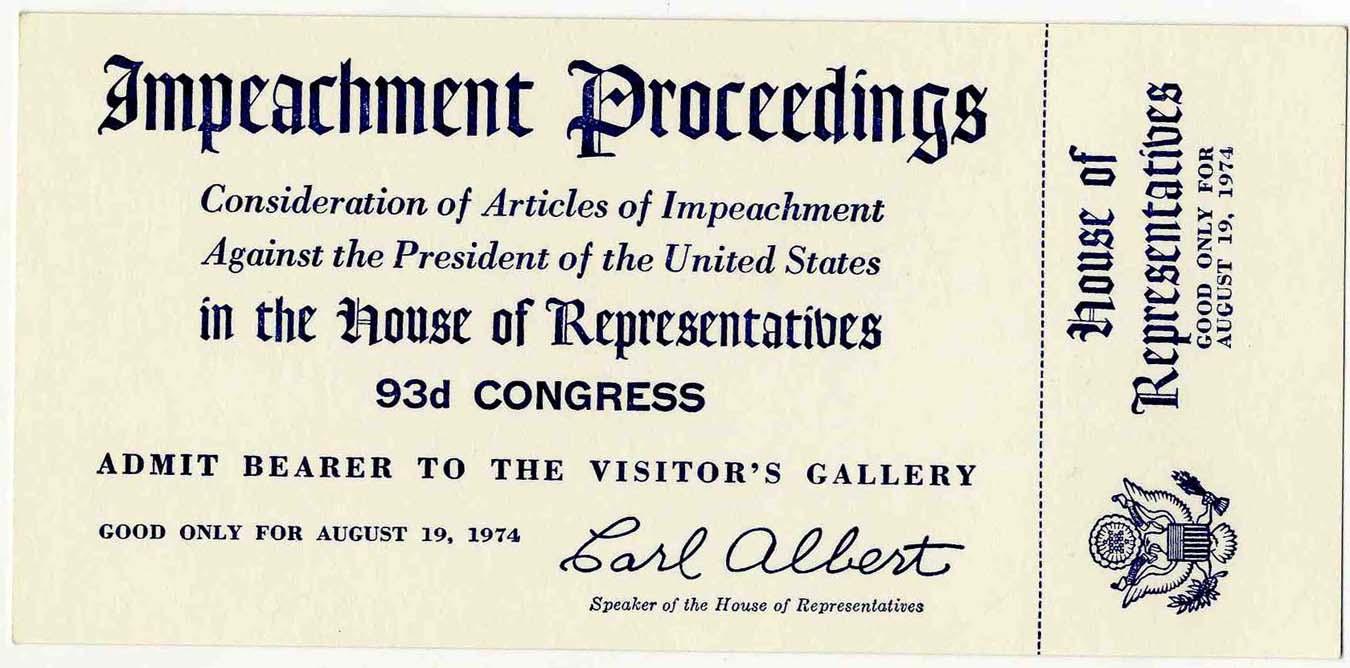Our national political crisis crystalized on Thursday when Fiona Hill pointed out—to their faces—that the White Supremacist Party members of the House Intelligence Committee were willfully promoting a disinformation campaign led by Vladimir Putin. The White Supremacists showed a rare moment of fear and squealed their denials, but Hill’s point was unassailable. Donald Trump—not Russia, not Iran, not North Korea—is the greatest threat to our national security, and this has been evident since Helsinki. This core reality needs to be front and center in the impeachment process and the 2020 election campaign.
Just as there will likely be a broad article of impeachment detailing Trump’s obstruction of justice, there should be a broad article of impeachment declared Trump a threat to national security. No further hearings or documentation would be needed, as the entire case is already in the public domain. The article could reference:
· Trump’s refusal to accept the reality of climate change, the biggest threat to our national security, and his decision to pull out of the Paris Climate Agreement.
· Trump’s refusal to read his daily intelligence brief.
· Trump’s persistent and public refusal to accept the fact that Russia interfered in the 2020 election and his public siding in Helsinki with Vladimir Putin over the entire U.S. intelligence community.
· Trump’s refusal to spend money allocated by Congress to protect our elections from foreign interference or to put in place a plan for protecting the 2020 elections, despite constant warnings from the intelligence community and bipartisan Congressional committees that this is already happening.
· Trump’s persistent and public effort to impugn the reputation of U.S. intelligence agencies, including accusing them, with no evidence, of spying on his 2016 campaign.
· Trump’s refusal to keep records of his private, closed-door and telephone conversations with Vladimir Putin.
· Trump’s decisions to pull the U.S. out of preexisting treaties and agreements, such as the Iran Deal, the INF treaty with Russia, our support of the expulsion of Russia from the G8, and our longstanding refusal to recognize Israeli sovereignty over the Golan Heights, that enhanced our national security.
· Trump’s refusal to abide by basic security procedures, including ensuring that security clearances are not granted to people who may be security risks, revoking the security clearances of people who disagree with him, the use of personal cell phones for highly sensitive conversations that has certainly resulted in their interception by foreign adversaries, and his sharing of classified information with Russian officials in the Oval Office.
· Trump’s conscious strategy to not fill key national security positions, including that of the National Security Advisor and the Secretary of Homeland Security.
· Trump’s decision to reallocate money budgeted for troop pay and pensions to pay, which are vital to troop morale, for his border wall.
· Trump’s declaration of a phony national emergency at the southern border to justify the building of his wall.
· Trump’s plans to transfer nuclear technology to Saudi Arabia in violation of federal law.
· Trump’s persistent efforts to enhance the international reputations of some of the world’s most odious dictators, including Vladimir Putin, Kim Jong Un, President Xi of China, and the Crown Prince of Saudi Arabia.
· Trump’s persistent and unjustified criticism of U.S. allies, especially our NATO partners in Europe, and his decisions to withhold military funding approved by Congress from allies unless they interfere in U.S. elections on his behalf.
· Trump’s decision to renege on our promises to the Kurds and his approval of a campaign of genocide against them.
· Trump’s promotion of racism within the U.S. and in Europe by mischaracterizing refugees as security threats and criminals, and prohibiting Muslims from traveling to the United States.
· Trump’s persistent efforts to purge the intelligence agencies, the State Department, and the Justice Department of people he deems are not politically loyal to him.
· The refusal of Trump and his family members to stop conducting personal business dealings with foreign governments.
· Trump’s public endorsement of torture and his decision to not charge or try the prisoners at Guantanomo are both top recruitment tools for terrorist groups.
· Trump’s decision to ban transgender people from serving in the military, which harms national security by creating unnecessary vacancies and damaging morale.
Likewise, the Democrats need to openly campaign in 2020 against the effort by Trump and the White Supremacist Party to destroy our national security along with our institutions and the rule of law. This is not a Republican versus Democrat election. This is an existential political contest and the security of the United States is at stake. Trump and the White Supremacist Party members in Congress are not acting for political gain and not for anyone’s definition of the best interests of the United States. We must take a cue from Fiona Hill and confront their treason head on.



